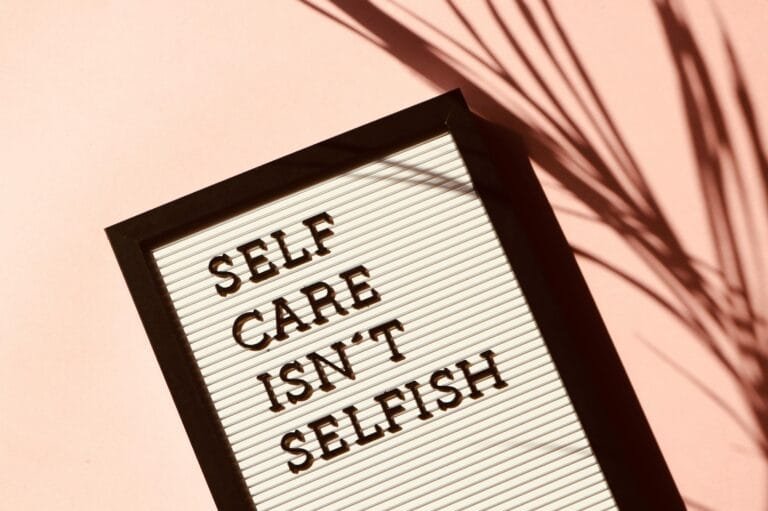The Science Behind Better Sleep and How to Get It
Sleep isn’t just a way to rest your body—it’s a vital biological process that affects nearly every aspect of your health. From improving memory and mood to supporting immune function and regulating metabolism, sleep plays a crucial role in how you feel and function each day.
The Science of Sleep
Our bodies follow a 24-hour cycle called the circadian rhythm, often referred to as our internal clock. This rhythm is influenced by external cues like light and darkness, which help regulate hormones such as melatonin—a key player in the sleep-wake cycle.
Melatonin levels begin to rise in the evening, preparing the body for sleep. Meanwhile, the brain goes through different stages of sleep, including non-REM and REM stages. These stages are essential for different processes: non-REM for physical repair and REM for cognitive functions like memory consolidation.
Why We Struggle with Sleep
Modern life often interferes with our natural rhythms. Exposure to artificial light, irregular sleep schedules, stress, and screen time all disrupt our ability to fall asleep and stay asleep. Even seemingly harmless habits like late-night snacking or caffeine can delay melatonin production or interrupt deep sleep.
How to Sleep Better: Science-Backed Tips
- Stick to a Schedule: Go to bed and wake up at the same time every day, even on weekends. This consistency reinforces your circadian rhythm.
- Limit Light Exposure at Night: Dim lights and avoid screens an hour before bed to encourage natural melatonin production.
- Create a Sleep-Friendly Environment: Keep your room cool, dark, and quiet. Use blackout curtains, white noise machines, or eye masks if needed.
- Watch What You Eat and Drink: Avoid caffeine after mid-afternoon and large meals close to bedtime.
- Establish a Bedtime Routine: Engage in calming activities like reading, meditating, or stretching before bed to signal your brain it’s time to wind down.
- Get Sunlight During the Day: Natural light exposure during the day, especially in the morning, helps keep your circadian rhythm on track.
- Exercise Regularly: Physical activity can help you fall asleep faster and enjoy deeper sleep—just don’t work out too close to bedtime.
When to Seek Help
If you’ve tried improving your sleep habits and still struggle with insomnia, excessive daytime sleepiness, or snoring, it may be time to consult a sleep specialist. Sleep disorders like sleep apnea or chronic insomnia require professional care and diagnosis.

